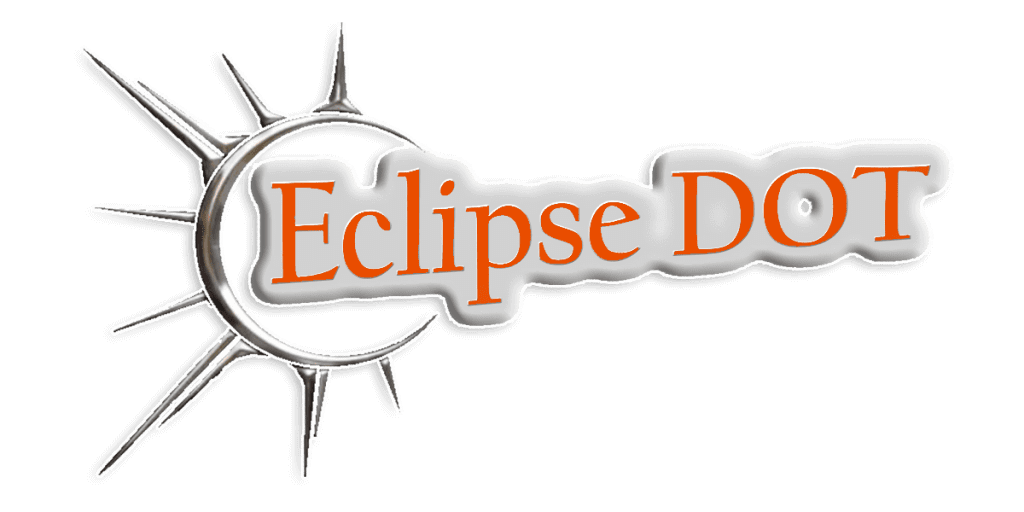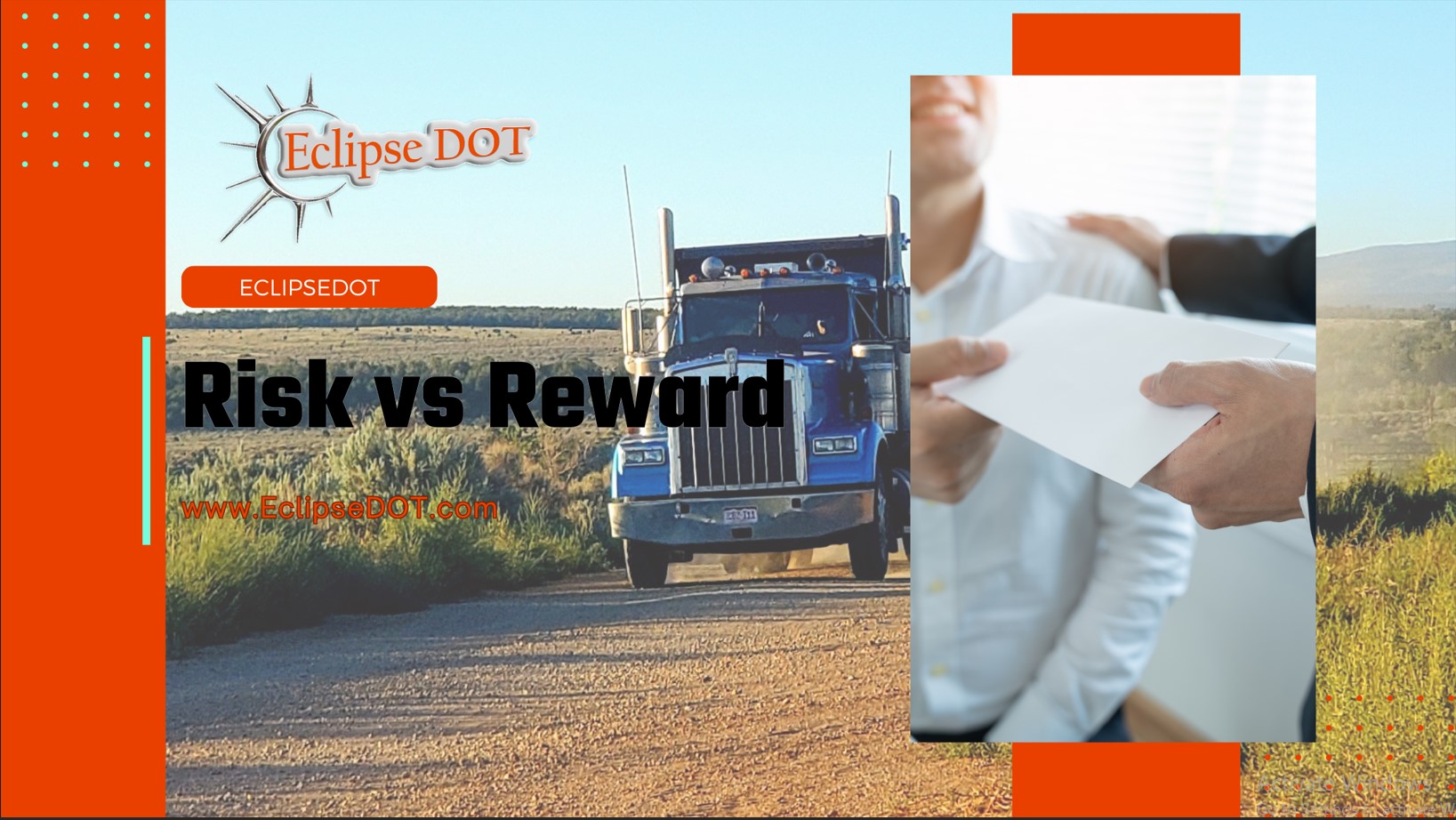Business and life are all about risk vs. reward.
When we know what the risk is, it is easy for most of us to weigh out the risks and rewards so that we can figure out if it is worth it for us.
Let me break it down and simplify the risk-reward process.
Let’s take speeding as an example.
If you know my dad, you know that going over the speed limit is the same as breaking any other law. The words I heard growing up in conversation were, You cannot kill someone, so how can you speed? You are breaking the law either way. So, my dad didn’t speed ever.
Mom, on the other hand, was her father’s daughter. And I loved riding with Grandpa Ralph because we would fly over hills and around corners. There were multiple times I rode with him as a child. We would go over a hill, and my butt would literally leave the seat as we topped the hill.
Mom wasn’t quite that bad, but I do remember a few officers shaking a finger at her as they passed us going the other way.
Me, I am more like my great-grandpa Phelps, the one my great-grandpa Phelps learned from. lol
When you don’t speed, there is practically no financial risk. As long as you aren’t a bad or dumb driver, you should not get a ticket or get pulled over.
We all know that if we go 4 MPH over the speed limit, most officers will not pull us over. They could pull you over, but most officers won’t bother.
If you are going between 5 and 10 MPH over the speed limit, then there is a much higher chance of getting pulled over, but you might not get a ticket depending on the officer’s mood and your attitude.
And if you are doing more than 10 MPH over the speed limit, you will almost always get pulled over. And ticketed.
Now that we have the financial risk laid out, let’s move on to the safety risk.
1-4 MPH over the speed limit usually doesn’t pose a huge risk for safety. Unless you are going into some tight curves, as long as you are a competent driver and have some experience, you should be able to handle most everything on the road. Nonetheless, your risk of an accident is still higher because you are going faster.
5–10 MPH over the speed limit, your chances of an accident are even higher. As long as you know the road, you will most likely be able to handle the situation. The things that you lose control over are the other drivers on the road and the wildlife. If a deer decides to dart out in front of you when you are going that fast, it will be even harder to stop. Not to mention, your reactions could cause a worse accident at higher speeds.
10+ MPH Over the speed limit, there is a much greater risk of an accident. Your reaction time will be delayed because your mind is not 100% on the task of driving, and you are about 287% more likely to get into an accident even if you know the road. Most of the time, when people go that fast, they are in a hurry and not paying attention; there are other things on their minds. Or they are in such a hurry that they are more willing to make bad judgment calls to get there faster. It’s like passing when it’s unsafe or taking corners faster than the vehicle can handle them.
Ok, let’s recap:
Not speeding at all: Financial risk is nonexistent, and safety risk is low.
1-4 MPH over financial risk is low, and the safety risk is low.
5–10 MPH over: Financial risk is slightly higher and safety risk is moderate.
10+ MPH over: Financial risk is high and safety risk is high.
Now that we have covered the risk of the situation, let’s dive into the reward so we can weigh out the differences and make an informed decision.
When you don’t speed, you get where you are going at the same time as Google predicted.
Here is the reward for speeding: you save time. Think about it: for every 1 MPH you drive over the speed limit, you are saving 1 minute an hour over the GPS time.
That doesn’t sound like much of a reward, does it?
Well, it’s not. Unless you are traveling a long distance,.
For the typical trip to town, let’s say 30 minutes. If you went 10 MPH over the speed limit the entire way, you would only save a maximum of 5 minutes. There is not much reward for such high risk.
Now let’s say that you are taking a trip from Colorado to California, and it is a 14-hour drive.
If you drive at 15 mph over the speed limit, your risk is high. But your reward is high too. After 14 hours of driving, you have the ability to save about 3.5 hours of drive time. That’s a big reward, but the risk is high too. So, you have to decide if it is really worth it to drive that fast.
If you don’t understand the risk, it is impossible to weigh the options to see if they are worth it.
Here is what I would like you to do: Take a few moments to think about where else this could be used in your life, except for speeding.
How about the risk of having kids, or more kids? Or whether to pay for health insurance? Or whether to change careers, start a business, get married, ask the person out on a date, or hire a new employee?
I think you get the point here. Risk vs. reward is something that we do every single day. Heck, we do it so much that we don’t even realize that it is happening most of the time.
If you don’t know the risks you are taking, there is no way to determine if they are really worth it.
Over the next few articles, we will be talking about the risks and rewards in the DOT world. So that you can make an informed decision on how important DOT compliance is to your company.
Discover our CDL & DOT Compliance blog for an exclusive trial at DOTDocs.com. Also, claim your FREE micro audit at THE ECLIPSE DOT MICRO AUDIT. Ready for smoother operations?


